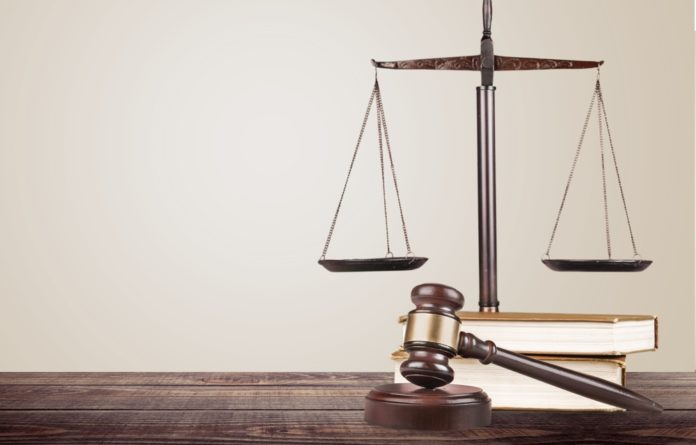The district court dismissed the entirety of a complaint alleging the defendants submitted false claims to Medicare for medically unnecessary durable medical equipment. The court found that three of the claims were barred by the first-to-file bar, as they were essentially identical to claims filed in an earlier whistleblower complaint. The relator argued that his complaint identified more equipment and a broader timeline for the scheme, but the court found the underlying conduct was otherwise identical. The court dismissed the remaining counts for a lack of particularity, finding the relator had not identified the submission of any specific or representative claim. The relator argued that his insider knowledge provided reliable indicia of the submission of false claims, but the court noted the complaint merely stated the relator attended meetings and received reports from subordinates. Without more detail, the court could conclude that any false claims were submitted.
Arriva Medical LLC moved to dismiss a qui tam complaint alleging that it and several affiliated companies submitted fraudulent bills for diabetic and other medical supplies to the Medicare program.
Relator Troy Olhausen owned a diabetic materials supply company, which was acquired by Arriva, which itself had been acquired by Alere Inc. After the acquisition, Olhausen was employed by Arriva, and later Alere, as a senior vice president. The relator alleged that through his employment, he learned of a Medicare fraud scheme involving Alere, Arriva, and Abbot Laboratories Inc.
According to the complaint, the defendants defrauded the government by: (1) improperly billing Medicare for invalid prescriptions; (2) improperly billing Medicare for medical supplies without obtaining the required assignments of benefits from beneficiaries; (3) improperly billing Medicare for medically unnecessary medical devices; (4) fraudulently certifying their 2013 and 2016 Durable Medical Equipment, Prosthetic, and Orthotic Supplies Competitive Bidding contracts with CMS; (5) failing to disclose to CMS that they were using unaccredited locations and subcontractors who did not have supplier numbers to furnish DMEPOS related services; (6) making unsolicited telephone contacts to beneficiaries whose names they obtained from another firm after the purchase of its assets, with whom they had no prior contact; and (7) conspiring to submit false Medicare claims.
The defendants moved to dismiss each count of the complaint, arguing that several were barred under the first-to-file, government action, and public disclosure bars, and that all failed for a lack of particularity. Because the underlying claims were not supported, the defendants argued the conspiracy claim also must be dismissed.
The defendants based their motion in part on a prior complaint in U.S. ex rel. Goodman v. Arriva Medical LLC, first filed in March 2014. The court agreed that Goodman covered essentially the same conduct as alleged in Olhausen’s complaint in counts I, III, and V.
Goodman’s complaint also alleged Arriva billed Medicare for diabetic supplies before obtaining proper prescriptions. Both complaints alleged that Arriva either lacked prescriptions or had presented prescriptions that had lapsed. Olhausen attempted to distinguish his complaint by noting it covered a broader spectrum of patients, but the court was not convinced, as the examples in Goodman’s complaint were not exhaustive, but illustrative of a broader scheme. Though the relator in Goodman identified specific customers, the complaint was not limited to them.
The court also found Goodman alleged fraud in relation to the provision of unnecessary supplies. While Olhausen asserted broader legal theories for recovery, the court found the allegations were based on the same underlying conduct: that Arriva made claims for medically unnecessary supplies. Olhausen argued that he identified more supplies than Goodman, as well as a different timeline, but the court was not persuaded that the underlying scheme was so different that it could hurdle the first-to-file bar.
The court also found Count V—the allegation that Arriva improperly contacted patients whose names it obtained from an acquired company—was also barred. Olhausen again alleged his complaint was broader than Goodman’s, but the court found the conduct was too similar.
Next, the defendants argued that Counts II and IV were alleged without the requisite particularity. The court agreed, finding that none of the claims adequately alleged that a fraudulent claim was in fact submitted to the government. Olhausen conceded that he did not include exact billing data or attach a representative claim, but argued that he had established the necessary indicia suggesting false claims were submitted. The relator cited to cases where similar relators had direct, first-hand knowledge of the defendants’ submission of false claims.
Olhausen argued that he learned of the fraud through his high-level position with Arriva and Alere, that he attended weekly executive meetings, and that he had many employees reporting to him. However, the court found that merely participating in meetings and receiving employee reports was not enough to provide the kind of facts needed for the court to presume false claims were submitted. Because the relator did not identify any specific claims or provide details of his purported insider knowledge, the court dismissed these counts without considering falsity, scienter, or materiality.
Finally, the court agreed that because the underlying claims were dismissed, the conspiracy count also must be dismissed.




